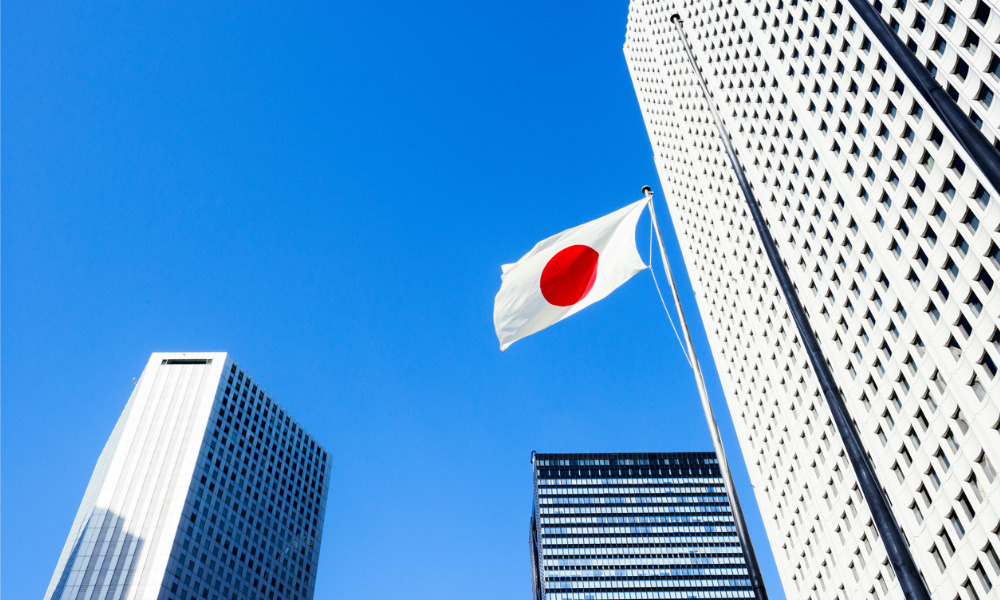
The proposed amendment to Japan’s anti-monopoly act could lead to more significant changes in the country’s legal system

The Japan Fair Trade Commission (JFTC) is proposing the introduction of legal professional privilege as an amendment to the country’s anti-monopoly act, reports the Law Society Gazette.
According to the commission’s proposal, under certain conditions, investigators would not be able to access documents detailing confidential communications between a business and an attorney with respect to legal advice given in relation to unreasonable restraint of trade.
If the change is accepted, it will be the first time Japan has granted such a privilege to legal practitioners, particularly when it comes to competition laws. Historically, clients have not had a right under common law to be protected from requests for disclosure—this protection has been dependent on a lawyer maintaining confidentiality in accordance with duty. Thus far, Japan has been one of just three jurisdictions under the Organisation for Economic Cooperation and Development to fail to recognise attorney-client privilege.
Thus, introducing legal professional privilege could result in significant changes to the country’s legal system down the line.
At present, the JFTC is calling for stakeholders like the Law Society and the International Bar Association to provide their views on the proposal.
“Protecting communications between lawyers and their clients not only strengthens access to justice; it ultimately enhances the rule of law and compliance by both individual and business clients. The Law Society therefore welcomes this important consultation,” said Law Society President Simon Davis.
In 2019, a bill was passed in to modify the country’s anti-monopoly act in a move to boost consumer interests as well as the economy. Other suggested changes to the act include the implementation of a system in which a business can reduce surcharges by cooperating with investigators.
Meanwhile, significant criminal fines would be imposed on companies who obstruct an investigation.
The JFTC proposed these amendments in a landmark public fair-trade consultation that is set to close on 15 May.